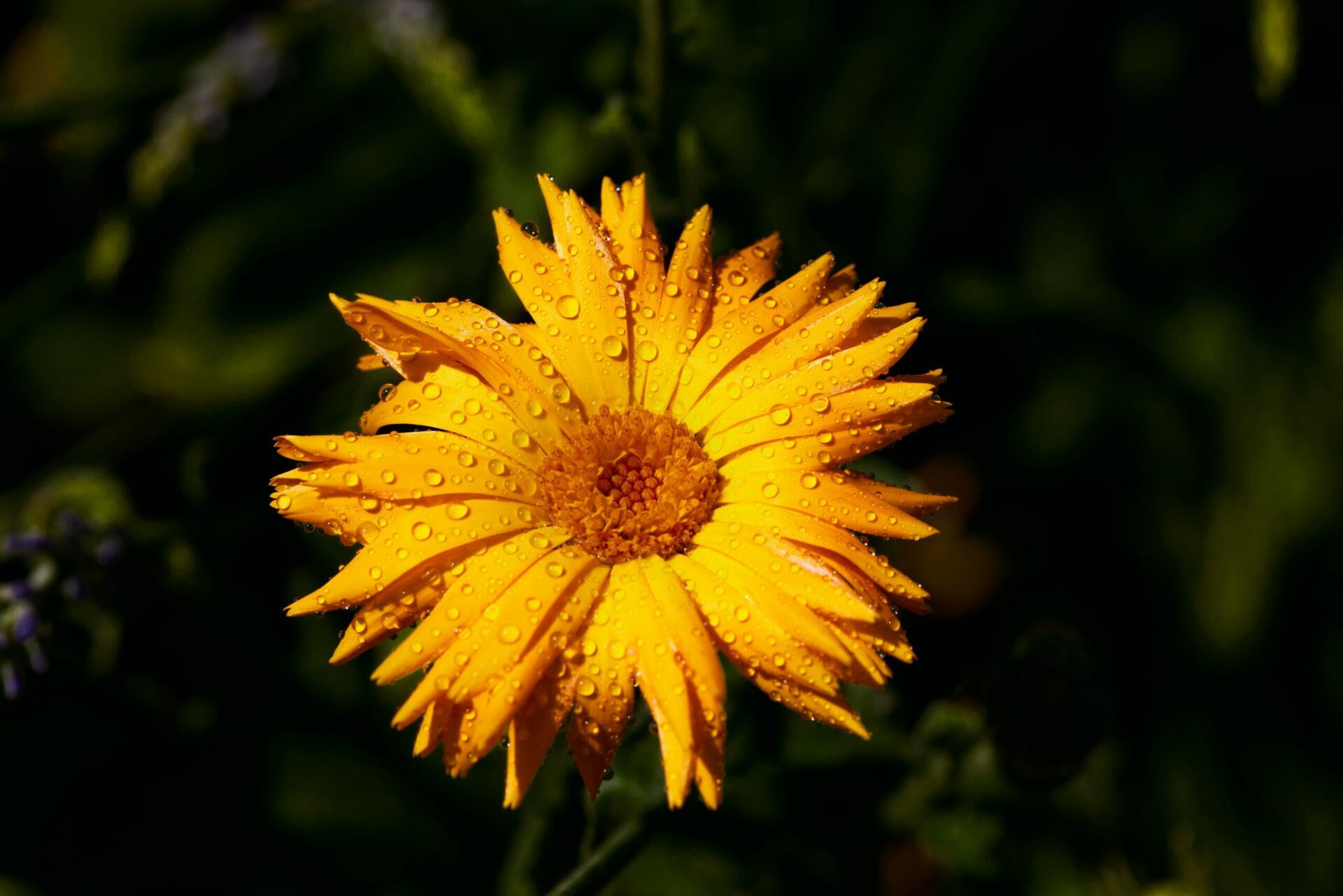Botanical Description:
Scientific Name: Leonurus cardiaca
Common Names: Motherwort, Lion’s Tail
Description:
Motherwort is a perennial herb belonging to the Lamiaceae family. Native to Europe and Asia, it has a square stem, serrated leaves, and produces clusters of small, pink to purple flowers. Motherwort has a long history of use in traditional medicine, and various parts of the plant, including leaves and flowers, are employed for their potential therapeutic benefits.
Disclaimer:
This Materia Medica is provided for informational purposes only and should not replace professional medical advice. Please consult with a qualified healthcare practitioner or herbalist before using any herbal remedies.
Therapeutic Actions:
- Cardiovascular Support:
- Motherwort is traditionally used for cardiovascular support, including mild heart palpitations and high blood pressure.
- Uterine Tonic:
- Known as a uterine tonic, Motherwort is used to support women’s reproductive health and address menstrual irregularities.
- Nervine:
- Acts as a nervine, helping to calm the nervous system and reduce stress and anxiety.
- Anti-Inflammatory:
- Exhibits anti-inflammatory properties, contributing to its traditional use in inflammatory conditions.
Constituents:
- Alkaloids:
- Motherwort contains various alkaloids, including leonurine, which may contribute to its cardiovascular effects.
- Flavonoids:
- Plant compounds with potential antioxidant and anti-inflammatory properties.
- Triterpenes:
- Contribute to Motherwort’s medicinal properties.
Traditional Uses:
- Heart Health:
- Motherwort is traditionally used for mild heart palpitations, cardiovascular support, and promoting overall heart health.
- Women’s Health:
- Used as a uterine tonic to support women’s reproductive health, ease menstrual discomfort, and promote a healthy menstrual cycle.
- Nervous System Support:
- Employed as a nervine to calm the nervous system, reduce stress, and alleviate anxiety.
Dosage and Preparation:
- Motherwort Tincture:
- Tinctures prepared using alcohol or glycerin. Dosage typically ranges from 30-60 drops, up to three times a day.
- Motherwort Tea:
- Infusions made from dried Motherwort leaves and flowers. Dosage may vary, and it’s essential to follow recommended guidelines.
Cautions and Considerations:
- Pregnancy:
- Motherwort is traditionally avoided during pregnancy, and consultation with a healthcare professional is recommended.
- Allergies:
- Individuals with known allergies to plants in the Lamiaceae family should exercise caution.
- Sedative Effects:
- Motherwort may have mild sedative effects, and caution is advised when operating heavy machinery or driving.
Conclusion:
Motherwort, with its serrated leaves and delicate flowers, holds a special place in traditional herbal medicine. From its traditional use in cardiovascular support and women’s health to its nervine properties, Motherwort offers a range of potential therapeutic actions. Whether taken as a tincture or infused into a tea, Motherwort provides accessible options for those seeking natural remedies. However, caution is advised, especially for pregnant individuals or those with specific health concerns. This Exhaustive Materia Medica aims to provide comprehensive insights into Motherwort’s botanical description, therapeutic actions, constituents, traditional uses, dosage, precautions, and applications. For personalized guidance, consultation with healthcare professionals or herbalists is recommended, ensuring safe and effective utilization of Motherwort as a herbal remedy.





